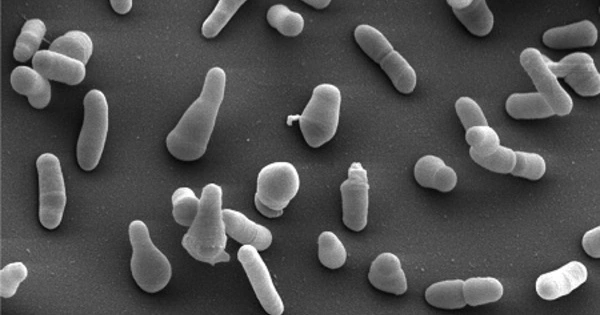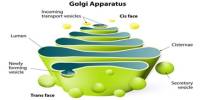Denitrifying bacteria are a type of bacterium that plays an important part in the nitrogen cycle by converting nitrates (NO3-) and nitrites (NO2-) into nitrogen gas (N2) or, in rare situations, nitrous oxide. Denitrifying bacteria are a broad collection of bacteria that include numerous phyla. This type of bacterium, along with denitrifying fungi and archaea, can undertake denitrification as part of the nitrogen cycle.
Denitrification is carried out by a variety of denitrifying bacteria that are widely dispersed in soils and sediments and employ oxidized nitrogen molecules like nitrate and nitrite as terminal electron acceptors in the absence of oxygen. The process is known as denitrification. Denitrification is an important aspect of the nitrogen cycle because it helps to return nitrogen gas to the atmosphere, completing the cycle and ensuring a nitrogen balance in the ecosystem.
Nitrogenous chemicals are metabolized by a variety of enzymes, including nitrate reductase (NAR), nitrite reductase (NIR), nitric oxide reductase (NOR), and nitrous oxide reductase (NOS), which convert nitrogen oxides back to nitrogen gas (N2) or nitrous oxide.
Key points about denitrifying bacteria:
- Types of Bacteria: Several types of bacteria are involved in denitrification, and they are typically classified into facultative anaerobes, meaning they can function in both the presence and absence of oxygen. Common genera of denitrifying bacteria include Pseudomonas, Paracoccus, and Bacillus.
- Denitrification Process: Denitrifying bacteria use nitrate (NO3-) and nitrite (NO2-) as alternative electron acceptors in the absence of oxygen during respiration. The process involves the reduction of nitrogen compounds, ultimately leading to the release of nitrogen gas (N2) or nitrous oxide (N2O).
- Environmental Significance: Denitrification is essential for maintaining the balance of nitrogen in ecosystems. Excessive nitrogen in the form of nitrates can lead to environmental problems such as water pollution and eutrophication. Denitrifying bacteria help mitigate these issues by converting nitrates into nitrogen gas, which can be released into the atmosphere.
- Nitrous Oxide Emission: While denitrification is a beneficial process, the production of nitrous oxide (N2O) during denitrification is a concern because nitrous oxide is a potent greenhouse gas. Researchers study the factors influencing nitrous oxide production to better understand and mitigate its impact on climate change.
Bioremediation Applications
Denitrifying bacteria are used in several bioremediation procedures to minimize nitrate contamination in soil and water. These bacteria can be introduced into locations with high nitrate levels to help convert them into harmless nitrogen gas.
In conclusion, denitrifying bacteria are critical for maintaining nitrogen balance in ecosystems, hence mitigating the environmental impact of excess nitrogen. Their participation in the conversion of nitrates to nitrogen gas or nitrous oxide has ramifications for both environmental health and bioremediation applications.
















